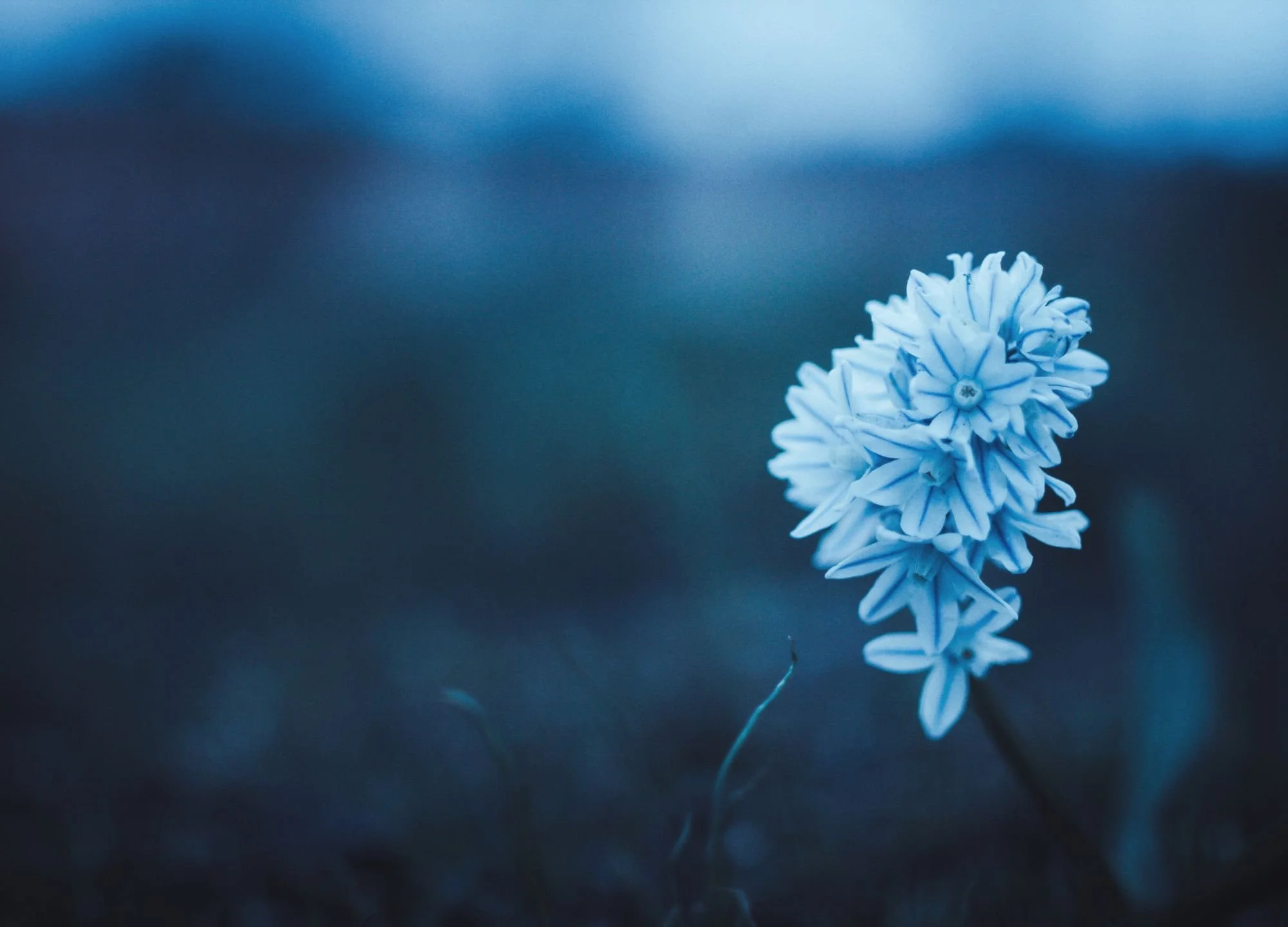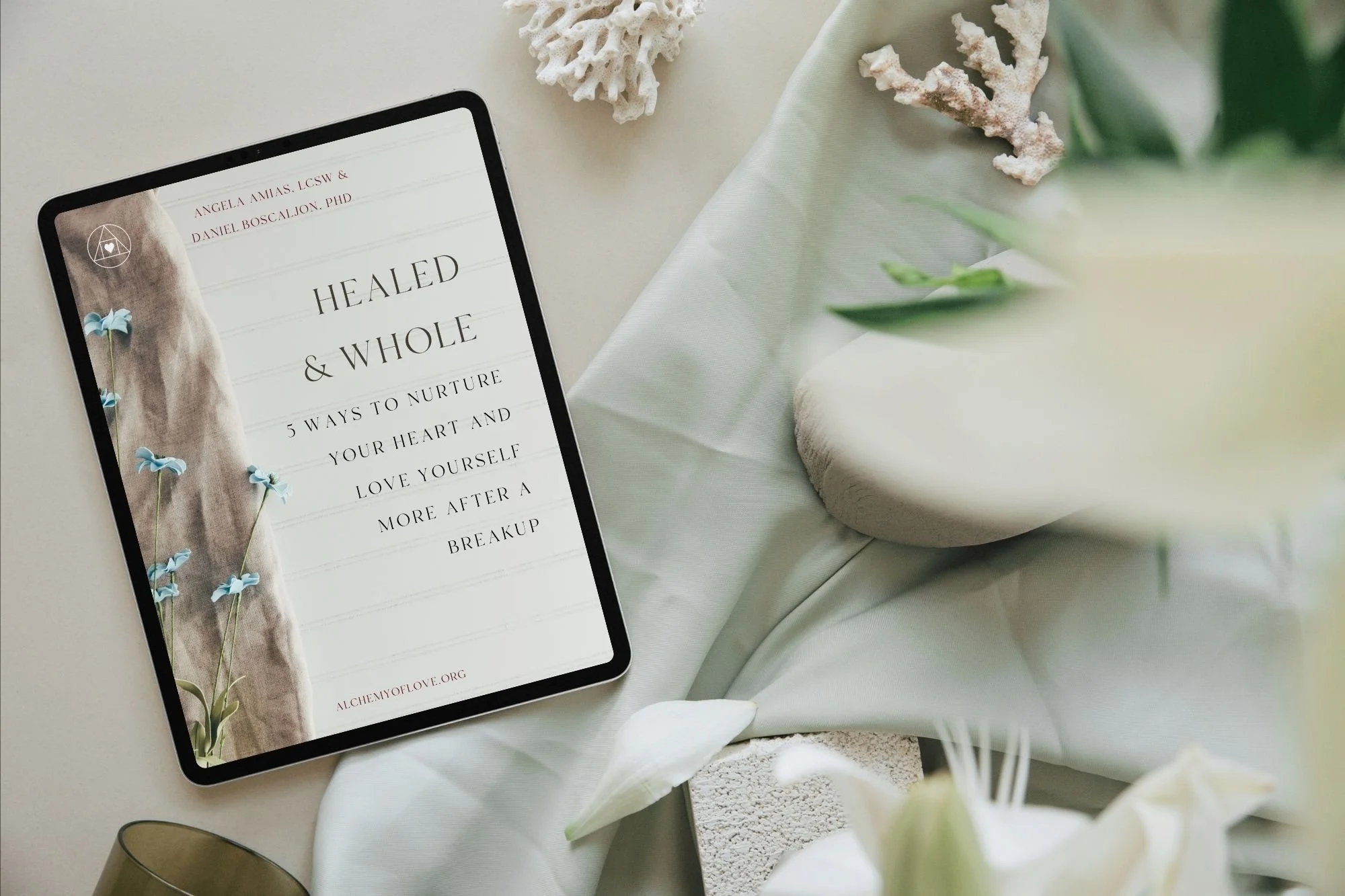I ended a bad relationship. But now I feel stuck.
Heather writes: How do you overcome the apathy that accompanies ending a bad relationship? The apathy I feel about everything makes me feel like I am stuck in a bad relationship with myself now. It's as though the lies I told myself and my own mental contortion killed the part of me that I thought I would save by ending the relationship. I used to care so deeply. Now it feels like I don't care about anything besides just living to survive. How do you even begin the process of caring about yourself again when that well dried up and filled up with dry and suffocating dirt a long time ago?
Dear Heather,
One mantra that I find particularly helpful when I’m in the middle of a challenging life situation is simply to remind myself: “Don’t take stock too soon.”
In other words, when we’re confronting very real difficulties in life, when we’ve lost someone we love, or we’ve put everything we had into turning a passion project into a business, only to see it fall completely flat, or we’ve gone through a difficult breakup that should have felt like a relief but it doesn’t—it’s easy to imagine that where we are now—how we feel when we’re in the thick of it—is where we’re going to stay.
We tell ourselves things like, “I’ll never love again,” or “I’m a complete failure,” or “I’ve killed the part of myself I was trying to save.”
All these things we tell ourselves are statements of how our situation feels to us. And as feelings, they are real and they deserve to be honored.
But, thankfully, how we feel now doesn’t magically gift us with the power to predict the future. Feelings are temporary. They move and shift and change and, most importantly for this situation, they pass. No feeling is permanent. So, if we don’t like how we feel, it’s okay. We just need to keep going.
The reality is that, most likely, we will love again. If we try, try, and try again, we very well may succeed. And, when we give ourselves time, care, and attention, that part of us that seems to have died as a result of what we went through in a bad relationship comes back to life once we’ve moved through our grief and sadness.
You’ve done a really brave and good thing by leaving a bad relationship. It seems like this should be rewarded by an immediate feeling of relief. But that’s not what’s happened.
Instead, you feel flat, like life is nothing more than going through the motions, putting one foot in front of the other. But without any destination in front of you that you’re moving toward, what’s the point? The spark of your true self—that self you were trying to save by getting out of this relationship—seems to have gone out, smothered by all the painful things you did to yourself just to stay in that relationship for as long as you did.
Healing after a bad relationship begins right where you are now. It begins with apathy.
Underneath the apathy, there’s a well of grief and probably a fair amount of self-recrimination as well. In some ways, when the two alternatives in front of you are apathy or seemingly unending grief, apathy might feel easier.
Also, it’s possible that apathy is the result of your emotions going offline for a while after being wrung out day after day in this relationship.
Bad relationships keep us on an emotional rollercoaster. Our whole body is constantly braced for the next bad thing that’s coming. It’s exhausting. And now that you’re out of that stress and emotional intensity, your emotional self may just need to check out for a while to recuperate.
This is all to say that it’s important during this time that you not take stock too soon, believing that where you’re at now is where you will be in the future or that you are permanently changed for the worse as a result of this bad relationship.
I’m sure I’m not telling you anything you don’t already know when I say that healing takes time. But even though you already know that, it may feel difficult to believe right now.
Without knowing when things will start to feel different, when you might care again, when the part of yourself you tried to save by leaving this relationship might show up again, it can seem like it’s never going to happen and it’s better not to get your hopes up only to be disappointed.
Another way to think about where you’re at now is this: as long as you were in that relationship, you were in survival mode. Now you’re no longer in survival mode—even though it feels like you’re just surviving and not really living.
Instead, you’re at a way station on the road to healing and recovery. But it’s a way station that seems to be located in the middle of an emotional desert. And as far as your eye can see, there’s just more of the same.
But deserts are deceiving places. Even though they can look barren, there’s a lot that’s happening underneath the surface. Seeds are lying dormant, just waiting for the right conditions to sprout.
Roots are growing deeper and deeper in search of water. Topsoil hardens as a way to protect what’s going on underground. And during harsh conditions, desert animals retreat underground—not because they’ve given up, but because that’s how they survive.
So, perhaps, it is with you too. Maybe what looks like apathy—what feels like numbness and just going through the motions—is not the absence of life, but the subtle work of healing and growth that’s happening beneath the surface.
Often, this inner work happens in our depths, outside of our conscious awareness. Because we can’t see it, we don’t realize that it’s happening. And yet it is. While what you are experiencing on the surface of life feels like apathy and emptiness, the body’s innate capacity for healing is at work within you, conserving energy and protecting your tender new growth.
Perhaps, as a result of this painful relationship, you are growing deeper roots, becoming more resilient, more grounded. And, even if you can’t feel it yet, it’s entirely possible that you may be getting ready to bloom when the conditions are right. And like a desert after rainfall, this might happen all at once—and it will seem as though you’ve returned, wild and beautiful and radiant. And very much alive.
You can’t speed up the healing process. And you can’t force this part of you to come back to life before it’s ready. What you can do is trust that there’s more to what’s happening here than what you can see on the surface. And while you’re waiting, you can take small steps toward relearning how to care for—and about—yourself.
This begins with allowing yourself to rest as much as you need to. Rather than interpreting this need for rest as apathy, you can honor the essential role that rest plays in healing and recovery. You can close your eyes, take a long breath, and then imagine the growth that’s unfolding below the surface, in your inner depths where your true self resides. You can let yourself nap and dream and replenish the resources that were exhausted by the process of surviving this relationship.
If you’re used to being always on the go, doing things, being proactive, and keeping yourself busy and maybe distracted, allowing yourself to rest might feel strange and foreign and wrong.
It might be difficult to tell the difference between resting and simply wasting time or doing nothing.
I would encourage you to think about the difference between downtime that’s genuinely restorative and downtime that’s just a way of passing the time. One easy way to tell the difference between restorative downtime and other forms is how you feel when you’re done.
Some activities, like scrolling social media, binge-watching shows, or numbing out with other distractions, tend to leave you feeling no better off than when you started. There’s nothing wrong with any of these activities, and they can be a way to zone out when you’re exhausted. But, they also have a tendency to leave you feeling more disconnected and adrift, especially when they’re overused.
Restorative downtime, on the other hand, promotes your process of moving through what you’re experiencing and often leaves you feeling better than before.
Restorative downtime is very individual, but it can include things like listening to music while you pet your dog, journaling, taking a nap, drawing, sitting with a cup of tea while you have a good cry, walking with a friend, or just staring out the window and noticing the way the sunlight peeks through the trees.
These aren’t big, dramatic acts of healing and self-care.
You don’t have to hike the Pacific Coast Trail or run a marathon or post daily inspirational quotes on Instagram. These are simple, small, sacred acts to remind yourself, “I’m still here.” They are a way to start remembering what it feels like to be present in your own life, instead of consumed by someone else’s.
And, on that note, Heather, I am wishing you these moments of grace and quiet and calm, when you are able to get glimpses of presence and peace, when you can sense that where you’re at now isn’t where you are going to be in the future. I am wishing you little windows into the healing process that is unfolding within you right now—and maybe even a little bit of anticipation for the beauty that’s still to come.
~Angela
Ask Angela is an advice column dedicated to the topic of having fulfilling relationships after trauma. Click HERE to submit a question for Angela.
DISCLAIMER: this content is intended for informational purposes only and does not constitute professional medical or psychological advice, diagnosis, or treatment. Always seek the advice of your physician or other licensed health care provider with any questions or concerns you may have regarding a medical condition.
Creating fulfilling relationships after trauma is a journey. Enter your email to subscribe to Ask Angela and get thoughtful, trauma-informed relationship advice delivered to your inbox.
about angela Amias, LCSW
Angela Amias, LCSW is a relationship therapist and nationally-recognized expert on trauma and relationships. She’s the co-founder of Alchemy of Love, which provides trauma-informed relationship programs and resources. She’s also the founder of the Institute for Trauma Informed Relationships, which provides training and education to therapists and coaches who want to help their clients heal past wounds and create more fulfilling relationships.
As an expert on trauma and relationships, Angela has been featured in numerous publications, including Today, Oprah, Cosmopolitan, The Independent, Well + Good, Inc., Forbes, Business Insider, Salon, MSN, Women’s Health and the Toronto Sun.







